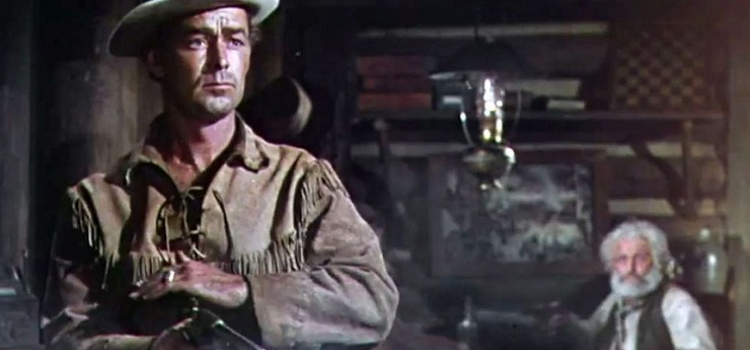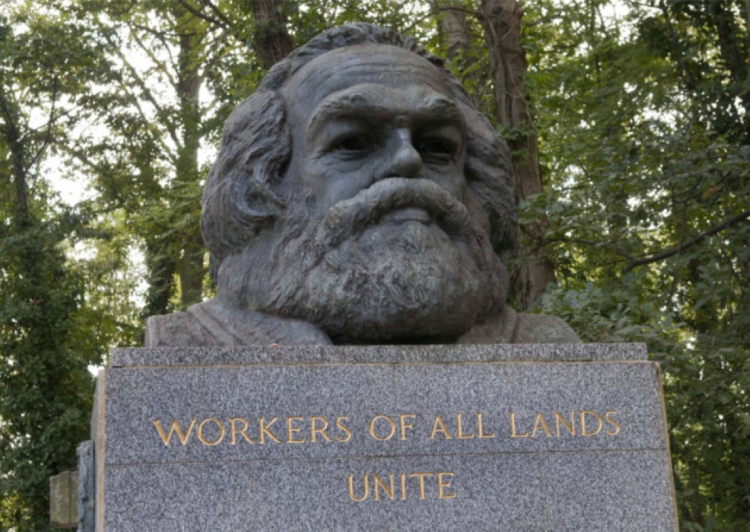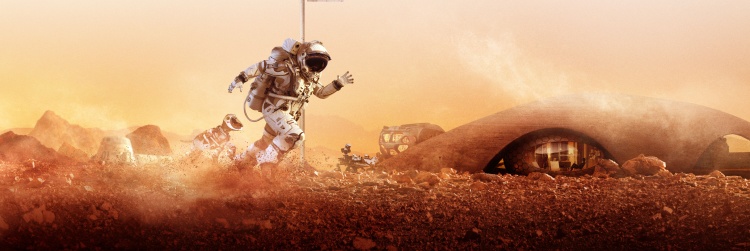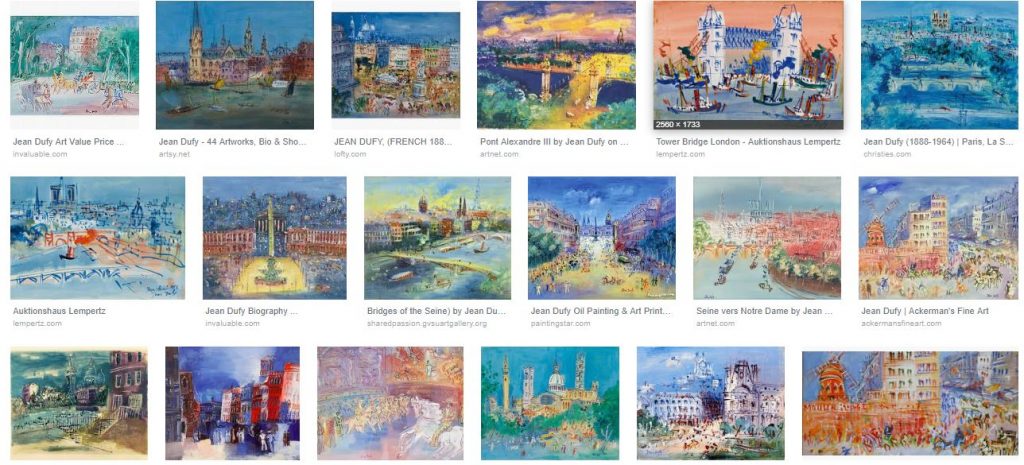I just seen the film again and must reread the book. I am surprised at some of the positive reviews, as I consider the film disappointing, certainly so when compared to the book. At the centre of my hesitancy is two things, the portrayal of Shane by Alan Ladd and the acting competence of Brandon de Wilde who plays Joey, the family’s son and the protagonist of the book, if not the film. Much of my problem with Alan Ladd is physical, he’s too clean, and does not appear dangerous enough, and certainly not at first sight.
I feel that Shane’s past, his reputation, and his desire to leave it behind is also underplayed, partly because some of it is exposed in poorly acted, at least on one side, conversations with Joey. The sexual/romantic tension between Marion and Shane is also, in my view, underplayed, possibly because of its time, and what they could then show in the movies.
It all comes right in the end, the honourable stranger, kills the homesteader’s nemesis and their hired gun, moves on, and the nuclear family, we assume lives happily ever after and the town becomes a peaceful law-abiding community, foretold by Chris’s epiphany which is more clearly stated in the book where he becomes the Starret family’s hired hand. I think that this is more hopeful and closer to the author’s intent than alternatives explored in Barham’s recent review; the story is told by Joey and I think the pessimistic outcomes suggested in that review, are not part of the story Schaeffer wrote.
The imagery of Fistful of Dollars seems more appropriate, but the story is Kurosawa’s and comes from Japan. It’s not quite right, the themes of a man trying to leave a dark past behind him and build a better future, is better reflected in the Outlaw Josie Wales, the story of a war tired warrior trying to create a family home and eventually leave his violence behind him. In this case, he survives the confrontation with the biased law chasing him, in Shane we are unclear, but Shane has to move on.
In the article, I look at the film as part of America’s attempt to reinvent its frontier history with the help of others, who do the heavy lifting and examine the excised anti-native American racism; the [American] civil war slurs used to provoke one of the homesteaders into a gun fight have replaced the insult that the farmer had native American blood from the book and, in the film, Shane uses the same albeit reversed slurs. In the book, this is not what happens,
“What you want Wilson, and what you get are two different things you’re killing days are done. Wilson had it now. You could see him grasp the meaning. This quiet man was pushing him just as he had pushed Ernie Wright. As he measured Shane, it was not to his liking. Something that was not fear but a kind of wondering and baffled reluctance showed in his face. And then there is no escape, for that gentle voice was pegging him to the immediate and implacable moment. “I’m waiting, Wilson. Do I have to crowd you into slapping leather?”
Perhaps, it’s another proof point for not watching a movie of a book you love.
To see what else I say in this article, and see a picture of the cover of my book, use the “Read More” button …










